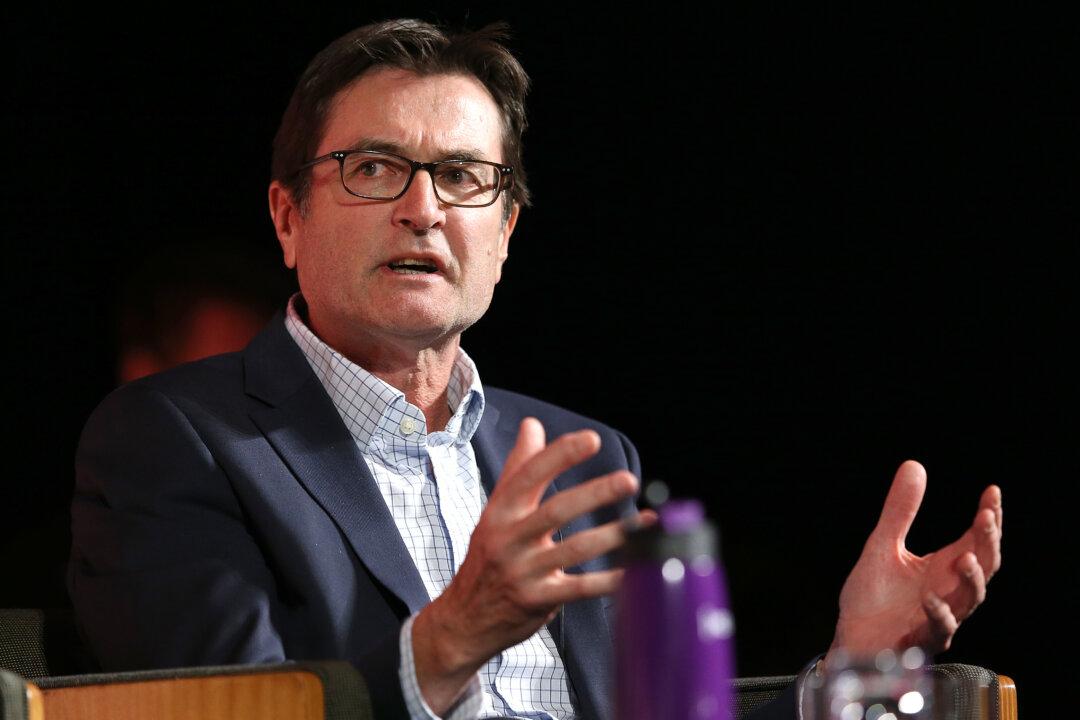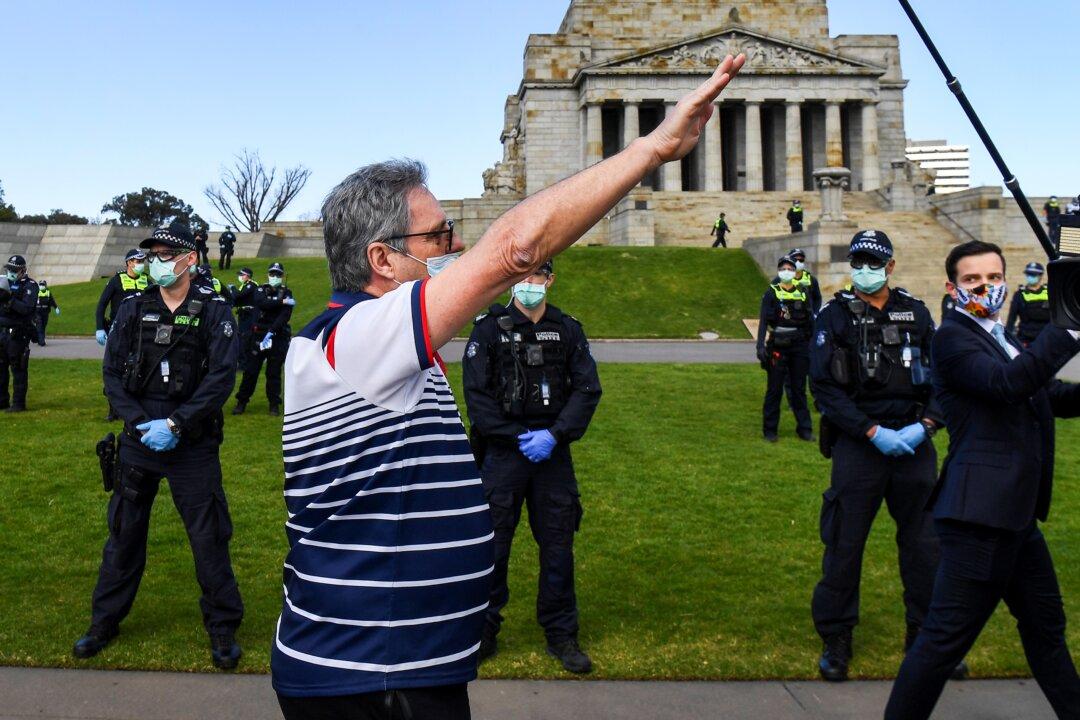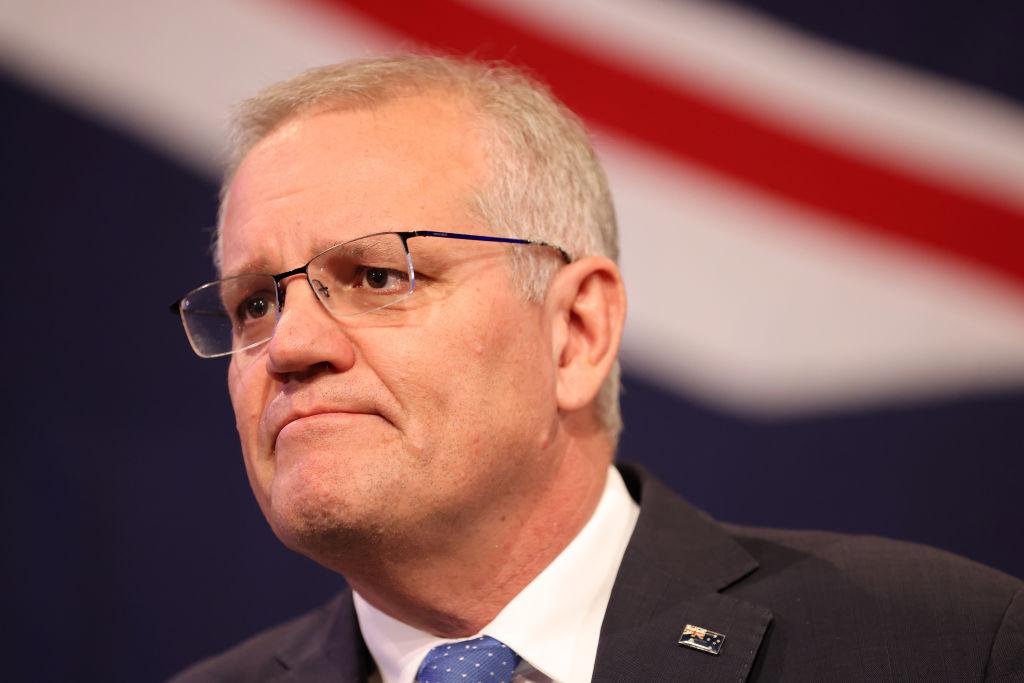Shadow Treasurer Angus Taylor has criticised the latest edition of the Intergenerational Report (IGR) released on Aug. 24, claiming it is simply giving the Labor government permission to spend more.
“This report paints a picture of Labor’s bleak future,” Mr. Taylor told the Australian Broadcasting Corporation.





